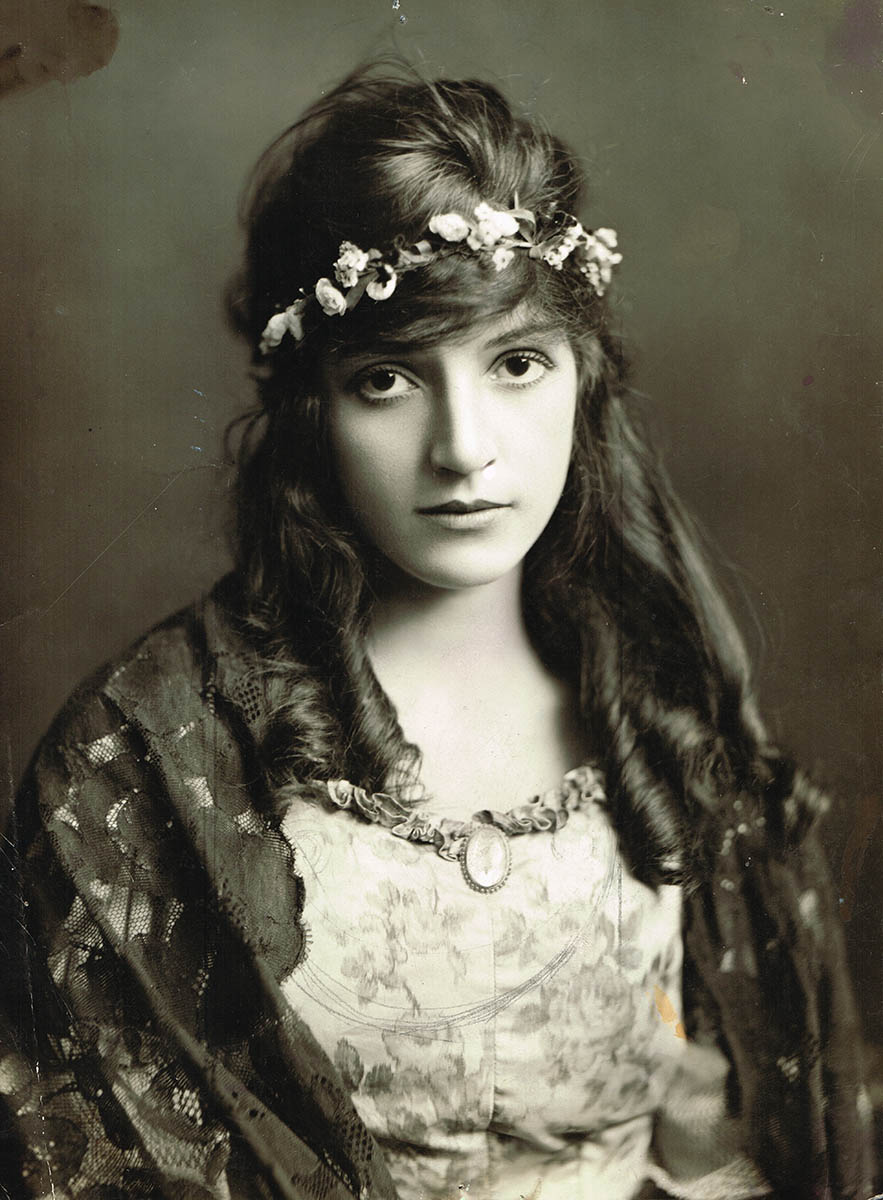One of the recurring themes/patterns in the IWE list is that, in the place of recommending individual short poems, the most celebrated poets in the tradition, with a couple of notable exceptions--Shelley and Wordsworth come immediately to mind--are represented by one somewhat longer work. Unfortunately my attention span for focusing on and absorbing long form 19th century poetry, as I have noted here before, has not been good for the past several years (though it was a little better when the other people in my house had to go out to work/school for at least part of the day). In the course of this program already I found Swinburne and Elizabeth Barrett Browning to be fairly tough going; Arnold's Balder Dead was much better, some of which I attributed to that author's already being one of my favorite poets of that era anyway. The to my mind relatively obscure dramatic play A Blot in the 'Scutcheon is the selection they chose for Robert Browning. Like Arnold, I think of Browning as another of my favorite 19th century poets, and have even felt at times that I had attained something of a breakthrough with regard to how to read him properly. However, while this work was not particularly difficult, I nonetheless felt "off" and distracted each of the three times (once for each "act") that I set aside to read it.
For starters, I suspect that following up Bleak House, an enormous book that absorbed my attention for a couple of months, with a very short and somewhat mock opera-ish poem-play that I am at least trying to regard as a more or less equal literary undertaking, was bound to put the latter book at a disadvantage given my general reading habits, which have never been especially poetry-oriented, and have grown less so over the past twenty years. It is also not uncommon, especially in older poems, for an expression or grammatical sentence to carry on for a very long while, ten lines, or more, of pentameter, which length does seem to inflict more of a strain on my concentration than it used to. I could never get comfortable with the flow of the language from one speech or scene to the next, and while I could follow the basic outline of what was going on, it was all happening at arm's length. I never became emotionally engaged with the writing, the sentiments, the ecstasy of creation, etc. Everyone's being at home on account of the pandemic doubtless effects me as well; while I can sometimes slip away for a half hour to try to read, anything beyond that someone will inevitably come and interrupt me. If I am ever going to get back into the mode of being able to read these kinds of poetic works--and there are plenty more of them to get through on this list--I am going to have to figure out how to adjust/slow down/expand the capacity of my mind to be able to take in the rhythms of the 19th century again.
Compared to its rather lackluster enthusiasm for Bleak House, the IWE was gushing over this. "As 'theater' at least, this was the most successful of Browning's plays and justly so. It has the best plot and the best dramatic structure and in it Browning best resisted the urge to divagate into poetical passages that do not advance the plot. All the characters are really wonderful. A modern version or an operatic version might be a great success.
Miriam Cooper. Later a silent film star, made her debut playing a scullery maid in a 1912 movie titled 'A Blot on the 'Scutcheon',
"The play is a tragedy, the principal characters dying at the end. It has been compared to the far greater tragedy Romeo and Juliet, but the only real similarity is in the fact that Browning's heroine Mildred was 14 years old, only a few months older than Shakespeare's Juliet.
"As for the title: The scutcheon or escutcheon was the coat of arms...By a blot in or on it is meant a disgrace in the family history, a skeleton in the closet."
There was at least one of the outrageous authors of the Restoration/early 18th century period, specifically which one I cannot recall, who pretty clearly used "escutcheon" as a slang term for the female pubic area. I don't recall seeing it used thus even indirectly after that period, but in this instance it would certainly fit, because even though Mildred is just fourteen she confesses that she has been getting plowed repeatedly by the gentleman seen climbing on her balcony and gaining entrance to her room every evening at midnight.
Even compared to Romeo and Juliet, which I always took as being one of the lightest of Shakespeare's non-comedies, this is awfully thin as drama. I suppose I should try to say something about why the poetry itself, aside from any consideration of characterization, etc, didn't pop for me, but nothing particular comes to mind, it's more one of those books that you read through waiting for some kind of payoff or a-ha! moment, and then it ends and you are like "that was it?" I probably should have read it a second time, especially as it has taken me several weeks to get to this report.
I read this in the Modern Library Giant edition of The Poems and Plays of Robert Browning. While I have often written, and believed, that Browning is among my favorite English poets, particularly of his era, totaling up what I have actually read of him, which is about eight poems (granted, they are his most famous ones) plus this play, comes to around 44 pages of the 1,223 that make up this book. If I ever have to read The Ring and the Book, which I might for one of my lists, that would get me about 250 more pages. Though I like owning volumes of collected poems, they strike me as likely being among the more unread books, certainly in anything approaching totality, that most people would have had even 70 years ago. I suppose I can leave the book out on my desk for a while and try once a day at least to read "Cristina" or "A Death in the Desert" or others of the hundreds of lesser-known poems in it.
The Challenge
1. Mary Ann Shaffer--Guernsey Literary & Potato Pie Society...…...5,792
2. Jane Austen--Sense and Sensibility...……………………………...2,155
3. Romeo & Juliet (movie-1968)……………………………………..1,218
4. John Grisham--The Chamber...……………………………………...719
5. Melanie Hudson--The Last Letter From Juliet...…………………….577
6. Susan Vreeland--Lisette's List...……………………………………...362
7. John Foxe--The Book of Martyrs: Pagan & Popish Persecution...….347
8. Agatha Christie--Poirot Investigates...……………………………….287
9. David Nicholls--Sweet Sorrow...……………………………………..263
10. Deanna Raybourn--A Murderous Relation...…………………………99
11. Adele Nozedar--Element Encyclopedia of Secret Signs & Symbols....97
12. Walter Scott--Rob Roy...……………………………………………...87
13. Frank Tallis--Vienna Secrets: A Max Liebermann Mystery...………..82
14. Laura Lee Guhrke--The Trouble With True Love...…………………..58
15. Ovidia Yu--The Frangipani Tree Mystery...………………………….52
16. Mary Balogh--More Than a Mistress & No Man's Mistress...……….46
Round of 16
#16 Balogh over #1 Shaffer
I probably would have had Shaffer win in a straight match-up but this was an upset game.
#2 Austen over #15 Yu
#14 Guhrke over #3 Romeo and Juliet
#4 Grisham over #13 Tallis
I don't if this is exactly a upset (though I don't want to read Grisham), but he has one to use.
#12 Scott over #5 Hudson
#6 Vreeland over #11 Nozedar
On length.
#10 Raybourn over #7 Foxe
Upset.
#9 Nicholls over #8 Christie
Another upset. I have never read Christie, and would definitely have advanced her here.
Round of 8
#2 Austen over #16 Balogh
#14 Guhrke over #4 Grisham
#12 Scott over #6 Vreeland
#10 Raybourn over #9 Nicholls
Final 4
#14 Guhrke over #2 Austen
Because Sense and Sensibility is pretty long, and I have also already read it.
#12 Scott over #10 Raybourn
The Heart of Midlothian just won the Challenge pretty recently, but Rob Roy is not very long, and it is not matched up against very appealing competition.
Championship
#12 Scott over #14 Guhrke
I think Sir Walter is the first two-time winner of the Challenge that we have had.



No comments:
Post a Comment